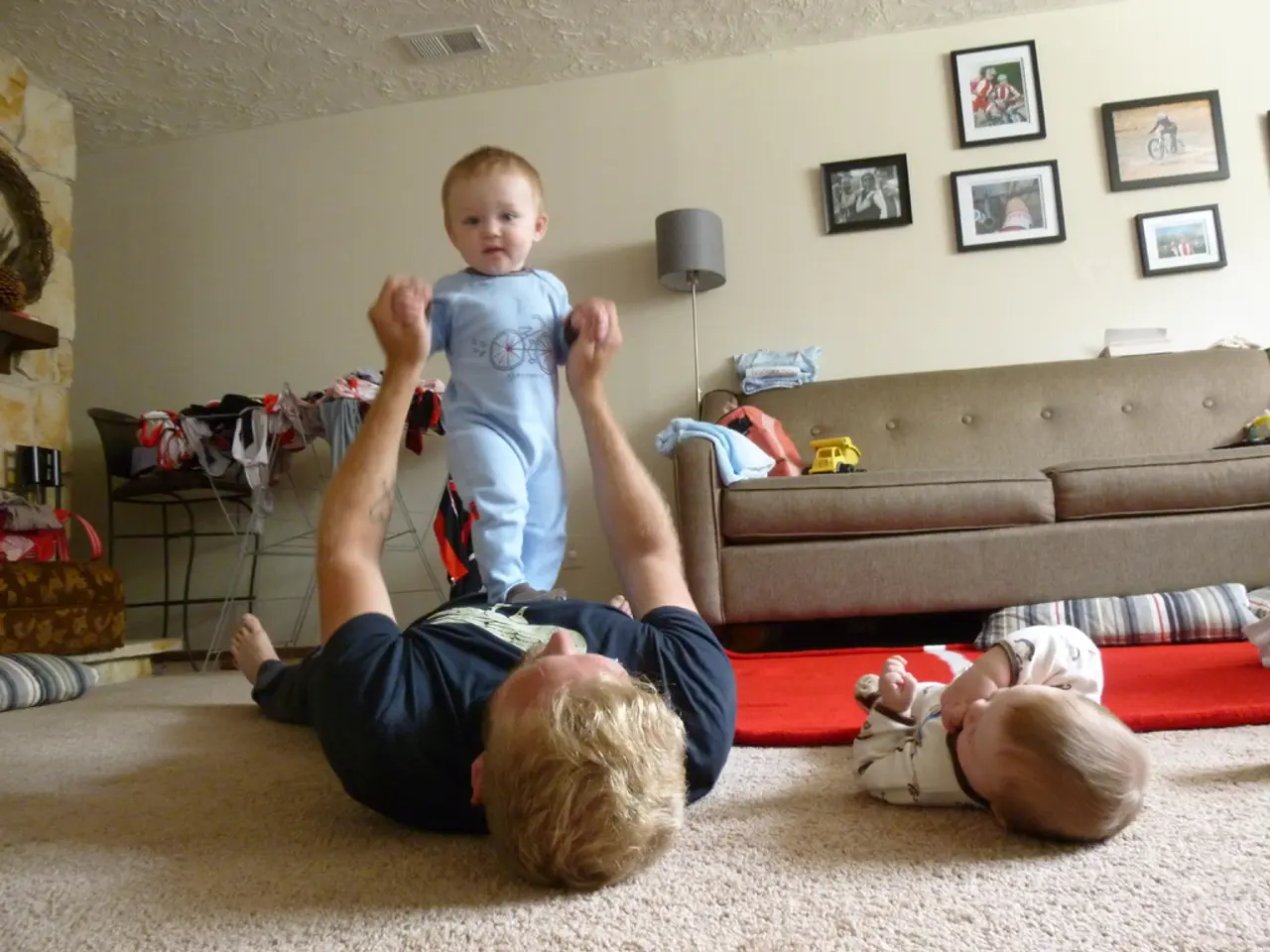Unhealthy Indicators of a Strained Sibling Bond
Siblings are often our first friends and lifelong companions, but not all sibling relationships are healthy. In some cases, toxic dynamics can develop, causing emotional distress and harm.
Toxic siblings may exhibit signs such as constant criticism, lack of empathy, emotional manipulation, jealousy, and frequent blame. One sibling might constantly disapprove of or mock the other's choices, achievements, or personality, severely undermining self-esteem. They may also fail to understand or acknowledge your feelings and emotional needs, or resort to emotional manipulation and guilt-tripping.
Jealousy and rivalry are common in toxic sibling relationships. A sibling might resent your successes and create competition rather than support. In some cases, one sibling might ignore or violate personal boundaries, causing feelings of anxiety, depletion, or being undervalued. Resentment, often arising in caregiving situations, can also be a sign of a toxic dynamic.
If your sibling only reaches out when they need something but disappears when you need help, it's a sign of a one-sided and unhealthy relationship. Verbal insults, threats, gaslighting, or physical aggression are clear indicators of a toxic dynamic.
To improve or manage a toxic sibling relationship, it's important to set firm boundaries to protect your emotional wellbeing and limit interactions that consistently cause distress. Directly addressing issues calmly, discussing how their behavior affects you and requesting change, can also be beneficial. Focusing on self-care and seeking supportive relationships elsewhere can help maintain your mental and emotional health.
In some cases, reducing contact or emotionally distancing yourself from the sibling might be necessary to minimize harm. Professional help, such as family therapy or counseling, can facilitate better communication and understanding. Recognising when to accept limitations in the relationship and adjust expectations to avoid ongoing hurt is also crucial.
When a relationship between siblings is very harmful, it's okay to reduce or cut off contact to prioritise your mental health and emotional peace. However, if the relationship is very committed due to family circumstances, focusing on what you share with them and what they can give you positively in your life might be a more appropriate approach.
Recognising the signs of an unhealthy dynamic is the first step in protecting your well-being. If you believe that your sibling is in trouble, they might need your support and may not know how to tell you. Toxic siblings often refuse to take responsibility for their actions and shift blame onto others, making the other person feel guilty even when they've done nothing wrong.
Some siblings manipulate parents to gain advantages or are always the "golden child" while the other is ignored or blamed, creating a toxic environment. In such cases, it's important to address these issues directly and seek support if necessary.
Remember, the bonds between siblings are more important than they may seem at first glance. A toxic sibling relationship can be harmful to one's well-being and should be addressed. By understanding the signs and taking steps to manage or improve the relationship, you can protect your emotional health and maintain a positive connection with your sibling.
- The emotional toll of toxic sibling relationships can manifest in various ways, such as constant criticism, lack of empathy, emotional manipulation, jealousy, and frequent blame, which can severely impact mental health and self-esteem.
- When there's a competition instead of support in a relationship, it may be a sign of a toxic sibling dynamic, leading to feelings of anxiety, depletion, or being undervalued.
- Improving or managing a toxic sibling relationship requires setting firm boundaries to protect emotional wellbeing, addressing issues calmly, discussing how their behavior affects you and requesting change, focusing on self-care, and seeking supportive relationships.
- In some cases, reducing contact or emotionally distancing yourself might be necessary to minimize harm, while professional help, such as family therapy or counseling, can facilitate better communication and understanding.
- Acknowledging the signs of an unhealthy sibling relationship and taking action is crucial for maintaining emotional health and well-being, even when addressing issues directly may be challenging due to family dynamics and relationships.




